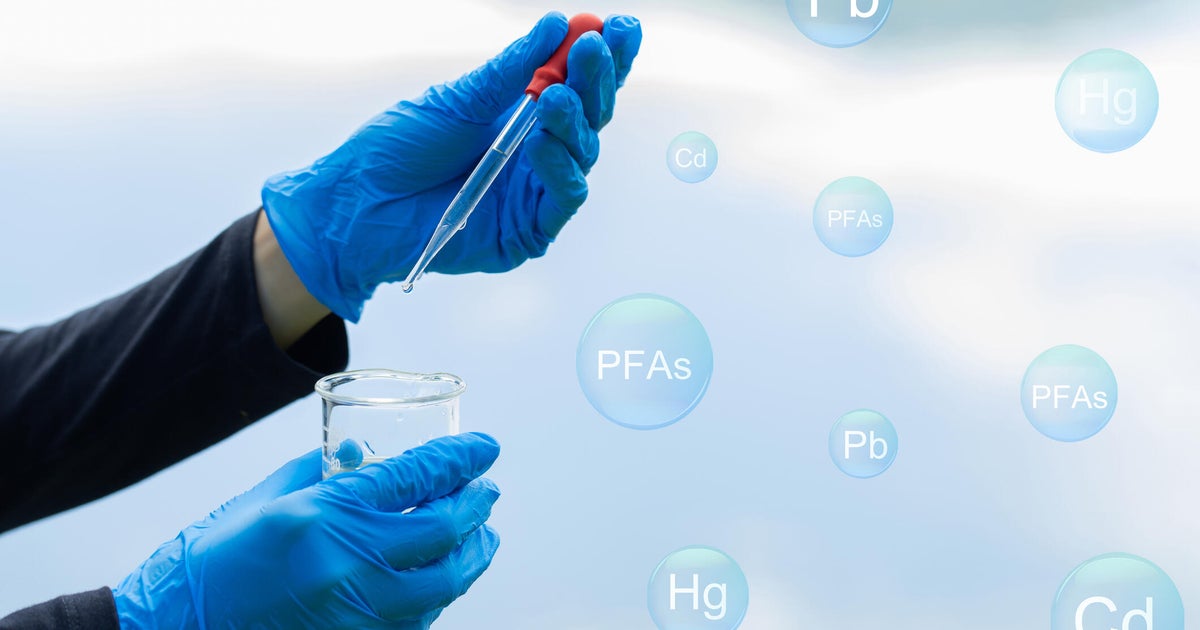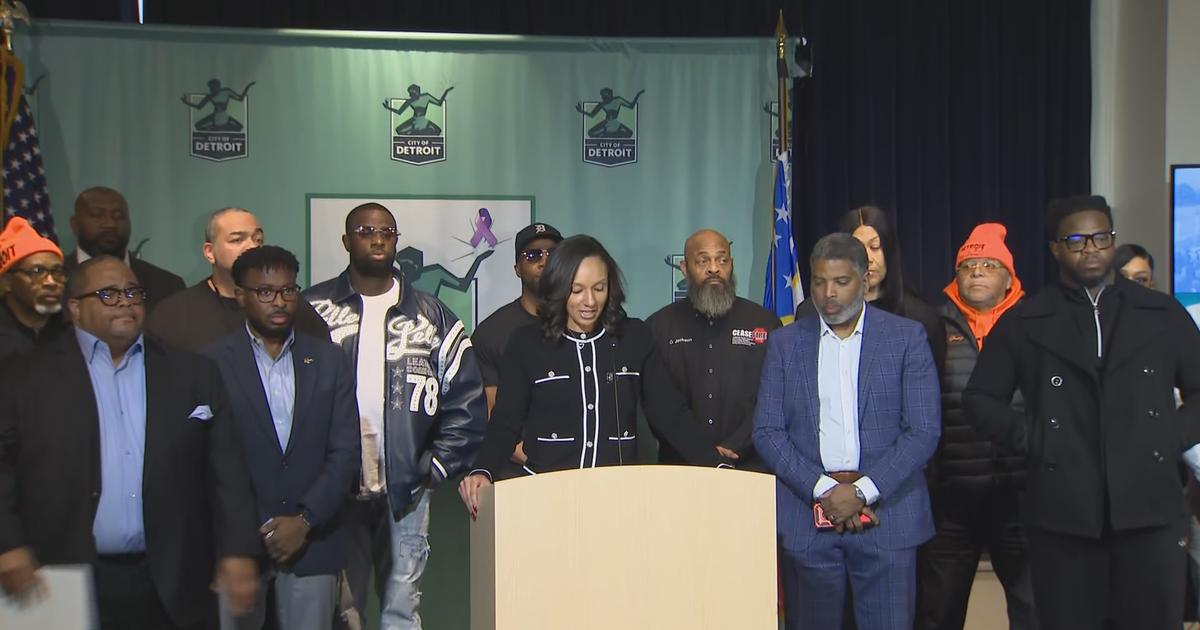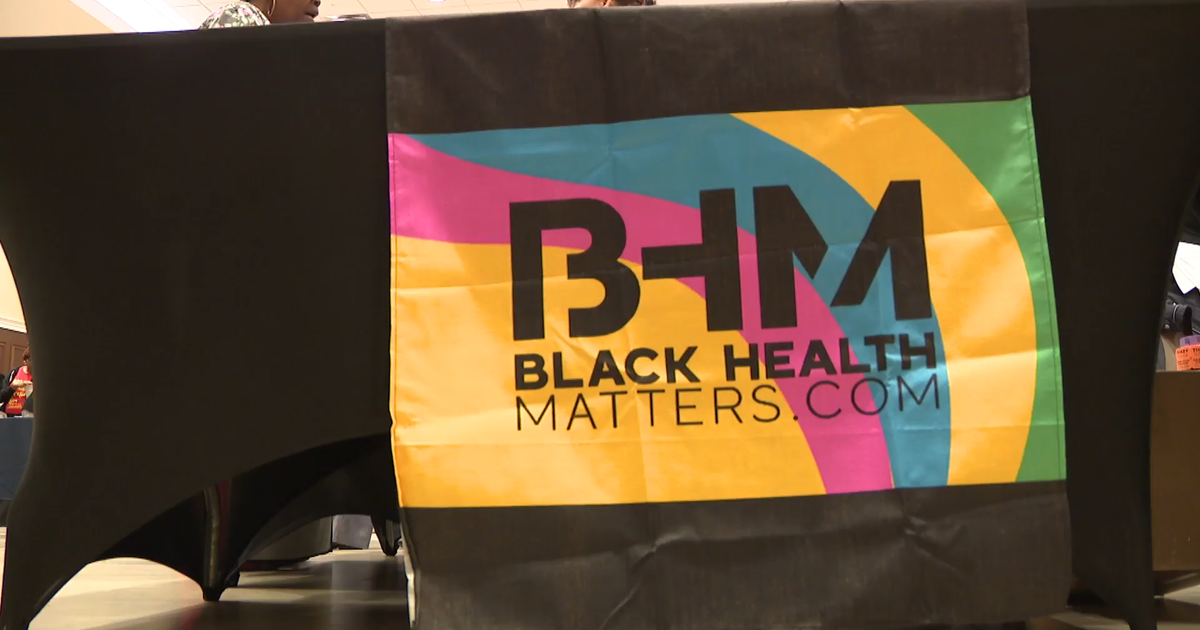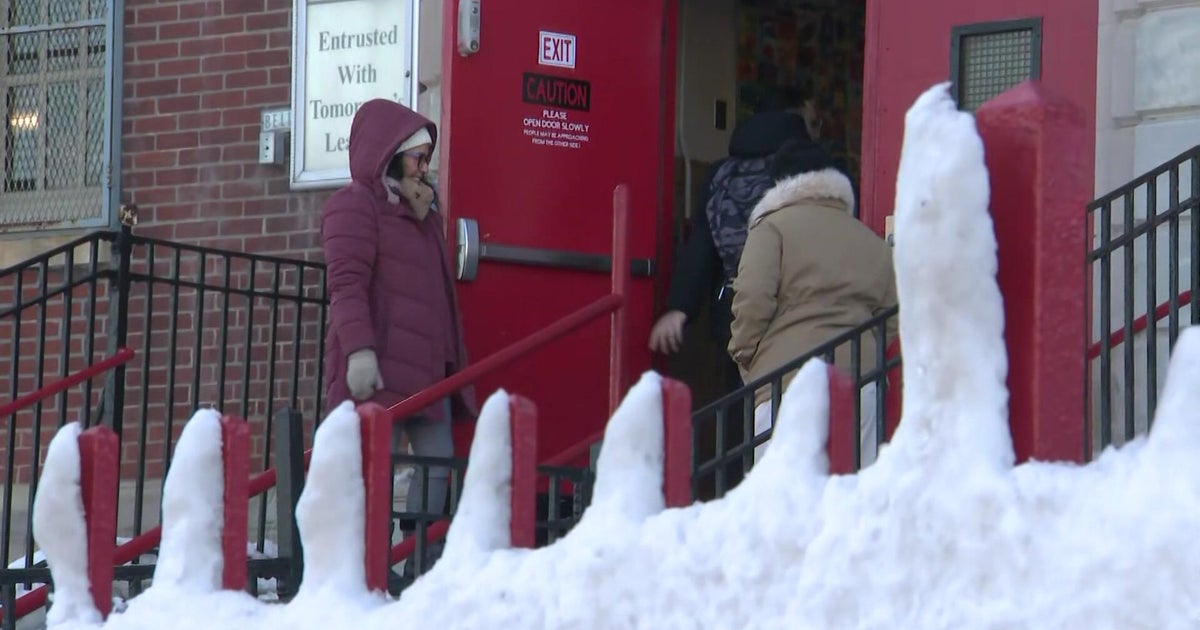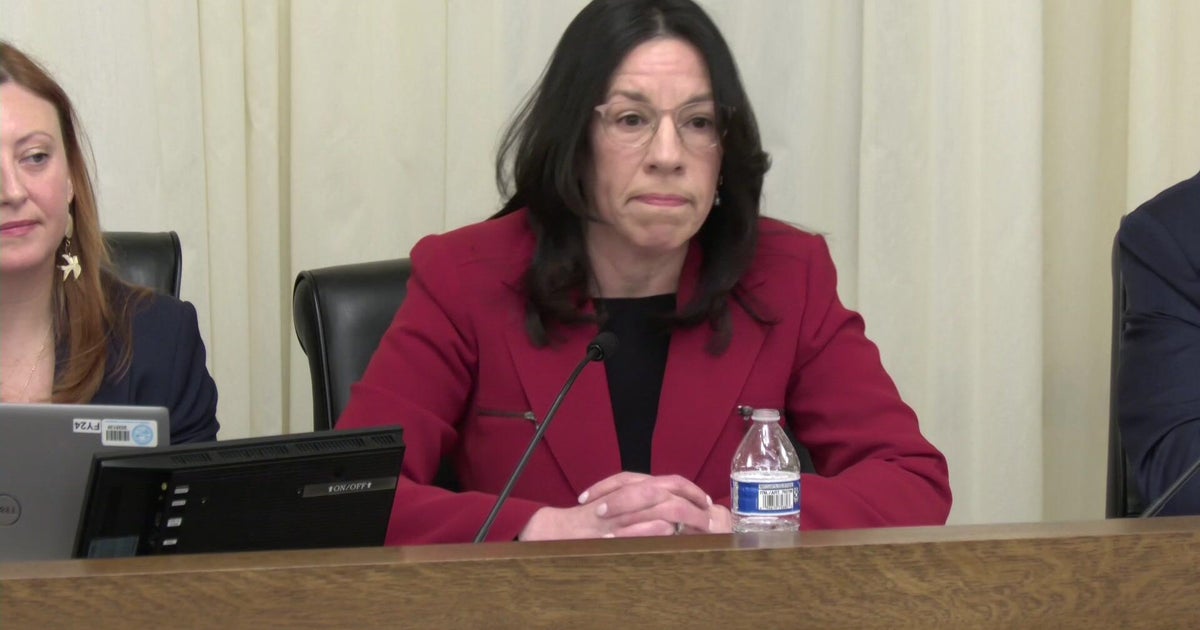Clinton Rolls Out Mental Health Treatment Plan
SOUTHAMPTON, N.Y. (AP) -- Hillary Clinton rolled out a comprehensive plan to address millions of Americans coping with mental illness, pointing to the need to fully integrate mental health services into the nation's health care system.
Clinton's campaign released a multi-pronged approach to mental health care on Monday, aimed at ensuring that Americans would no longer separate mental health from physical health in terms of access, care and quality of treatment.
"We've got to break through and break down the stigma and shame. We've got to make clear that mental health is not a personal failing. Right now it's our country which is failing people with mental health issues," she said.
The Democratic presidential nominee's agenda would focus on early diagnosis and intervention and create a national initiative for suicide prevention. If elected, Clinton would hold a White House conference on mental health within her first year in office.
Clinton's proposal would also aim to enforce mental health parity laws and provide training to law enforcement officers to deal with people grappling with mental health problems while prioritizing treatment over jail for low-level offenders.
The former secretary of state held a town hall meeting by telephone with stakeholders on Monday during a three-day fundraising spree in the Hamptons on New York's Long Island. The policy rollout would overlap with a Clinton plan to address drug and alcohol addiction which she campaigned on in Iowa and New Hampshire after hearing frequently about the problems from voters.
Clinton noted that suicides were at their highest levels in years and people were dying from connected health conditions that "too often go undetected and untreated." She said during the campaign "it has seemed like a floodgate has opened" from parents, students, veterans and others sharing their stories of mental health problems.
The federal government estimated in 2014 that about 43.6 million adults in the U.S. had mental illness in the past year, or about 1 in 5 adults age 18 and over. It estimated nearly 10 million adults suffered from serious mental illness.
An estimated 17 million children in the U.S. experience mental health problems, including 1 in 5 college students, according to the National Alliance on Mental Illness. Nearly 1 in 5 veterans returning from the wars in Iraq and Afghanistan experienced post-traumatic stress or depression.
Clinton's campaign said the plan would attempt to integrate the nation's health care system to create a more seamless way of providing both medical and mental health treatment to patients.
It would expand the reimbursement systems for collaborative care models under Medicare and Medicaid that aim to treat patients through a team of health care professionals, including a primary care doctor, a care manager and a behavioral health specialist.
It would also be helped by a Clinton proposal to boost funding for community health centers that she announced earlier in the summer along with Vermont Sen. Bernie Sanders, her primary rival.
Money for the centers, a priority for Sanders, was increased under the Affordable Care Act. Clinton's plan would make the money for the centers permanent and expand it by $40 billion over the next decade.


